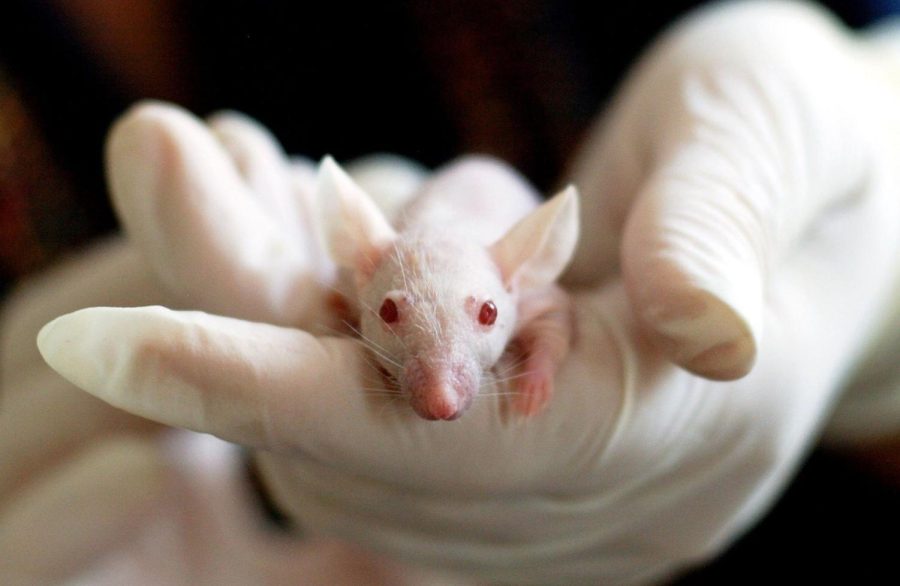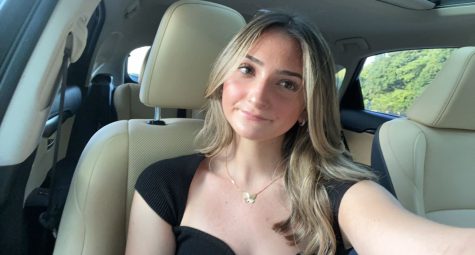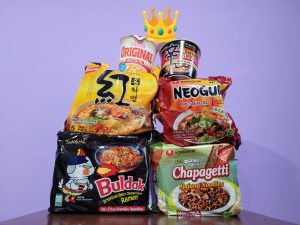Beauty Can Be Cruelty Free
June 21, 2022
Save Ralph – A short film with Taika Waititi
Imagine the life of a rabbit. While you may initially think of idyllic pastures and the spring season, for many rabbits used in industrial cosmetic testing, reality could be no further from those fields of green. Instead, many are subjected to a daily routine that is tantamount to abuse and is largely ignored by the general public. Dogfighting and puppy mills are not the only forms of animal cruelty. It is necessary that we fight against this cosmetic-industrial complex that too often sacrifices the well-being of animals for the latest trendy makeup.
Most consumers rarely stop to think about how their favorite products are tested for human use. They assume that the government is watching out for them and will not let any harmful chemicals make their way to market. If they are particularly invested, they may even know that the Federal Food, Drug, and Cosmetic Act helps to ensure that cosmetic products are safe and properly labeled. Those who are not protected by this law, however, are the animals used to meet these governmental standards. While the FD&C Act does not require animal testing, it does require that manufacturers prove the safety of their products before they can be sold. One particularly affecting portrayal of this abuse is Taika Waititi’s short film “Save Ralph,” which features the eponymous animated bunny being subjected to a wide range of harmful treatments. Animals like the fictional Ralph have chemicals rubbed onto shaved skin or dripped into their eyes forcibly, leading to around 100 million of these animal testers dying each year from harsh treatment by human hands. Upon hearing some of these more horrific details, one may feel that this is a substantial problem. But without putting real change into effect, one does not advance the cause of these animals’ dignity. . . As a consumer, your wallet is your power to push back against brands that are not cruelty free. Many of our favorite brands are not cruelty-free brands. Some of these brands include:
- NARS
- L’Oreal
- Estée Lauder
- MAC
- Benefit
- Lancôme
- Make up Forever
- Maybelline
- Rimmel London
- Revlon
- Clinique
- Almay
- Max Factor
- Bobbi Brown
- Chanel
- Bourjois
- Giorgio Armani
- Tom Ford
- Yves Saint Laurent
- Sephora Collection
- Shiseido
- Burberry
- Dior
- La Mer
- Guerlain
- Avon
- Mary Kay
- Dolce & Gabbana
- Shu Uemura
Some people would argue that testing on animals is necessary to ensure safety for humans. Their argument, however, rests on the idea that it is better to test beauty products on non-human beings than humans simply so that the march towards a saturated makeup market can be more easily facilitated and more new products can find their way into consumers’ hands. But is this pure suffering and torture for these innocent creatures worth all this? These testing labs are bringing pain to living beings that feel and think just like humans do. For example, consumers have, on occasion, still suffered deadly side effects from products that had no such effects on the animals. In research from Cruelty Free International, it was found that 92 percent of products that passed in pre-tests, such as animal testing, fail in human testing. So is it truly a worthy endeavor to subject these animals to such torture for products that won’t even make it to market?
Viable alternatives may soon make animal testing a thing of the past. Scientists have the ability to test products using cell cultures, artificial skin, and human blood. Lush Cosmetics, a cruelty-free brand, uses a panel of volunteers to test their products. These alternatives make it hard to understand why animal testing still exists.
Many argue that the US has already done enough by passing laws to protect these animals from extreme cruelty. While the United States Department of Agriculture passed the Animal Welfare Act, an act that “regulates the treatment of animals in research, exhibition [and] transport,” it has failed to eliminate the suffering these animals endure as test subjects. This act states that animals must be provided with care and benign treatment. Its failure is that it excludes roughly 95 percent of the animals tested upon—such as rats, mice, birds, fish, and reptiles—and provides only minimal protections for the rest. With such lazy provisions, it is no wonder that animal cruelty persists as the norm in the cosmetics industry.
While it may seem that petitioning the government for change is a large task, we as consumers hold great power. If people stop supporting brands that are yet to go cruelty-free, those brands will have to make changes. Some brands that are great cruelty free alternatives are:
- Anastasia Beverly Hills
- bareMinerals
- Beautyblender
- Becca
- BeautyCounter
- Buxom
- Chantecaille
- Chi Chi Cosmetics
- Cover FX
- Dermablend*
- Em Cosmetics
- Glossier
- Grande Cosmetics
- Hourglass
- Illamasqua
- IT Cosmetics
- Juvia’s Place
- Kaja
- KKW Beauty
- KVD Vegan Beauty
- Kylie Cosmetics*
- Laura Geller
- LUSH
- Lys Beauty
- Marc Jacobs Beauty*
- Perricone MD
- PUR Cosmetics
- Smashbox*
- Tarte
- Thrive Causemetics
- Too Faced*
- Trish McEvoy
- Urban Decay
We also need to spread awareness on this topic and use the voices we have that animals lack. These animals, like Ralph, need help more than ever. They need our voice; without it, silence and suffering will never end.






